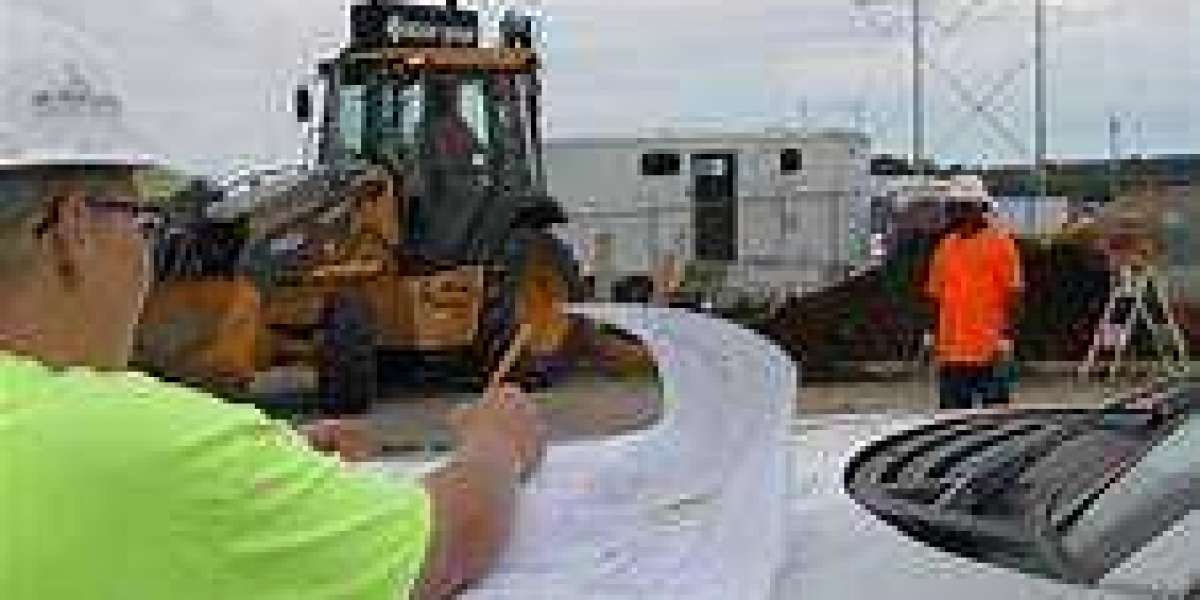Field engineer are professionals who work at the headquarters or workplaces outside of the company#x27;s headquarters. This person often provides services to customers at home or in business. You can work in multiple fields and may be responsible for installing hardware, repairing machinery, or maintaining and repairing installed products. Experience in the service field, including familiarity with products, creativity and problem-solving skills, are good skills that field engineers need to develop. Since field engineers often work directly with customers, it is also beneficial to have strong communication skills. Usually requires good fine motor skills and dexterity. Although teamwork may be a requirement, many field engineers work individually. Depending on the company, tools, transportation and communication equipment, such as cell phones or pagers, may or may not be provided. For example, field engineers in the construction industry usually have to provide their own tools and transportation, while engineers in the cable industry are more likely to own company vehicles and tools to use. Some companies also provide reimbursement for the mileage you travel during your work. The daily arrangements of on-site engineers will vary depending on the professional field, the company and the individual#x27;s willingness to travel. Some field engineers may take a day or more to repair specialized equipment, such as specific agricultural machinery, while others may perform tasks in their own communities. On-site engineers working for the company can work according to a standard daily schedule, while freelance engineers can work at home to create their own flexible working hours. Potential field engineers can look for many training programs, degrees, and apprenticeship opportunities. Ordinary field engineers usually learn through on-the-job experience, but depending on the company, they usually need or at least need formal training in a professional field. These fields can include a variety of disciplines, including utilities, construction, engineering, pest control, plumbing, computer programming, electronics, and many other fields.
fieldengineer
44 Blog des postes



